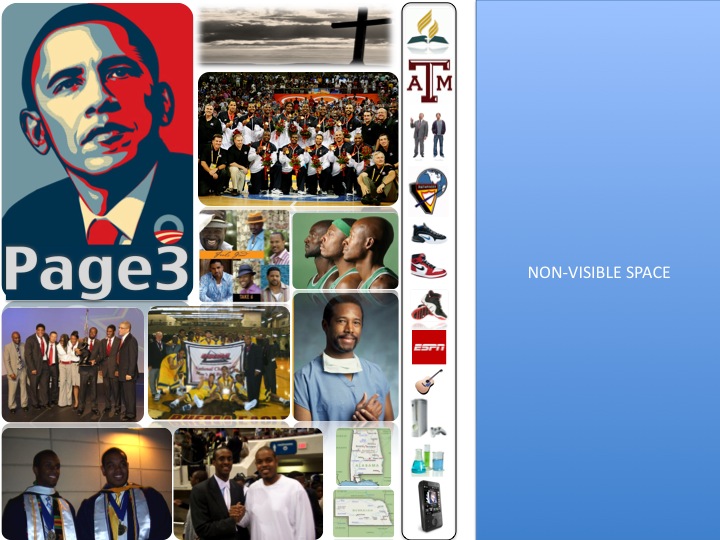
If you were not aware, I am a graduate student at Texas A&M University in the Biochemistry department. I am also a Christian. As far as I can tell, in Science Academia the overwhelming tendency for faculty is to be Atheist. According to
this study, performed by Penn state, close to 52% of science faculty at a sampling of 21 elite Universities identified themself as non-religious. Other studies have pegged those numbers as high as 75-80%.
In my personal opinion, a key reason why Science and Religion have not enjoyed a perfect relationship stems from both fields viewing each other warily and as opponents. The average Christian (or even Minister) sometimes takes a condescending view of Scientist or those in Physical Sciences (Math, Physics, Chemistry) stemming from an erroneous view that as a Scientist you have to give up being a Christian or some Christian views ("I don't know about the elements or rocks, but I know I have a Savior who made these things and that's all I care to know!"). The average Scientist, I would conjecture, feels that if you are a Christian you are ignorant and have no realistic or logical view of the world around you if you believe in the Bible's "fairy tales" and a Creationist origin. Both these views leave very little room for movement and progress. Going as far back as the
Galileo's affair, Scientist and their views were persecuted by the church for trying to explain phenomena and natural events through a scope of observation/experiment based logical thinking. They were viewed as having no faith and being a Godless bunch looking to destroy people's faith and prove there is no God. While without a doubt some Scientist have taken this extremist view, there exists a certain small population of very well regarded scientist currently working who have been able to keep their religious beliefs/faith strong and not allow it to interfere with what they do in the lab.
But why is this? And how can these two worlds coexist? It will take work from both sides of the fence, but should not be an impossibility, because, for those who believe in God and work in Science, in many instances their work only affirms and strengthens their beliefs of a creator. I stumbled upon a quote by a Dr. Michael Dini, who has in the past been a part of
controversy with his treatment/very public views of Creationism:
"“Scientists do not base their acceptance or rejection of theories on religion, and someone who does should not be able to become a scientist.”
In my follow up I will share some comments I have received in response to this quote and would also love to hear from any of you (Scientist or not) who has personal feelings on this topic. Hit my email at slaihing@gmail.com or leave a comment.
It also raises a great question, one which originally appeared in the NY Times February 12, 2007:
"May a secular university deny otherwise qualified students a degree because of their religion? Can a student produce intellectually honest work that contradicts deeply held beliefs? Should it be obligatory (or forbidden) for universities to consider how students will use the degrees they earn?"











